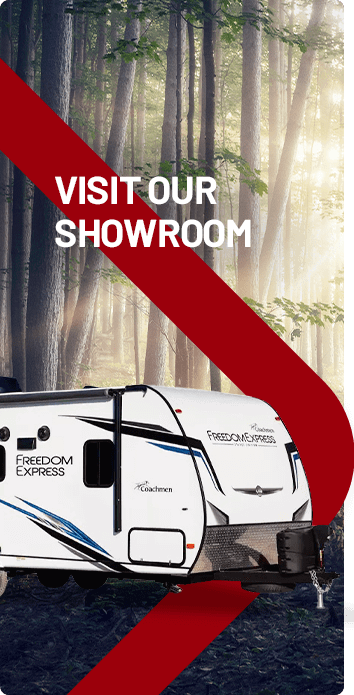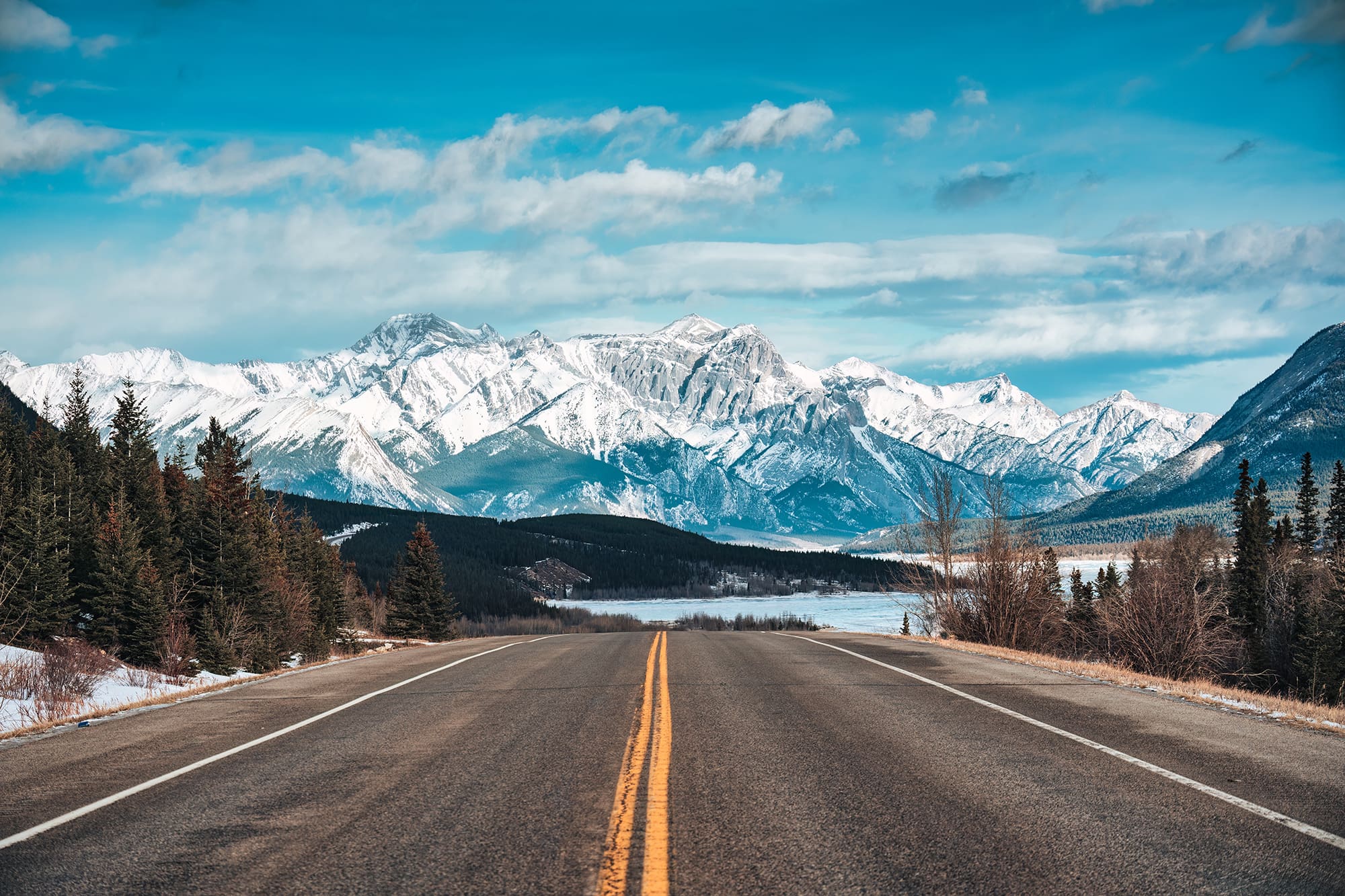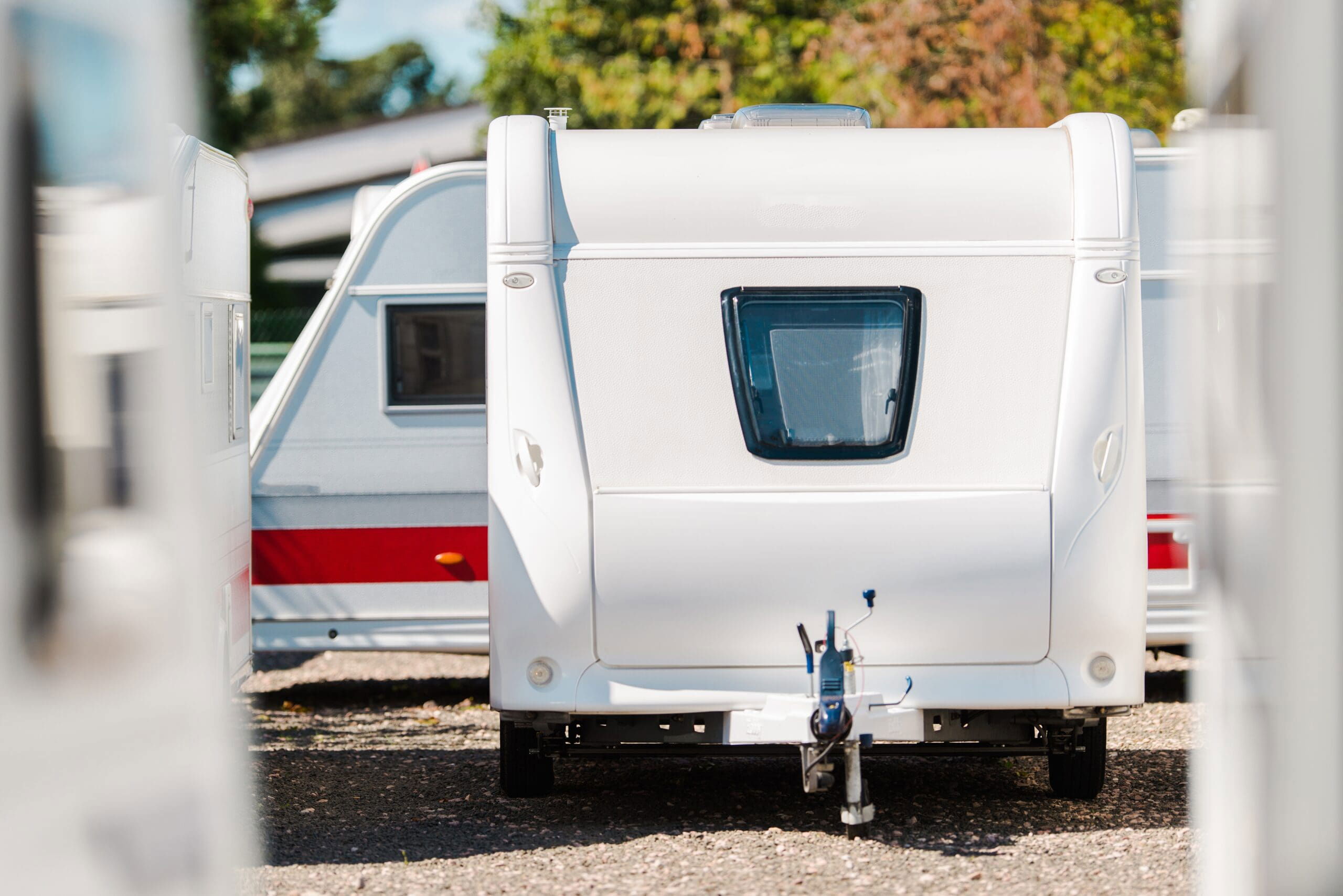
How to Winterize Your RV: A Quick Overview for New RV Owners
You’re a first time buyer of an RV and have completed your first camping season. Now what?
You’ve heard the term “Winterizing”, but are not sure what the process entails.
Well, we’ve prepared a quick reference guide as an overview. With it, you can review the process with your local RV Care dealer, schedule an appointment or do it yourself.
Want to be a Winterizing Expert?
Sign up to receive our newsletters and we’ll send you our comprehensive Everything You Ever Wanted To Know About Winterization Guide for FREE!
Why Winterize?
Of course, you don’t need a degree in meteorology to know that all things natural and man made are under siege during our Canadian winters, so it’s absolutely essential that your RV be properly winterized to avoid significant and costly damage.
Here is a review of the basics:
- Preparing the Water System
Water left in pipes can freeze, expand, and lead to leaks. Start by draining the fresh water tank, heater, and pipes. If your RV has a water heater bypass valve, switch it to save antifreeze. Next, empty the grey and black water tanks, flush them thoroughly, and add RV-specific antifreeze to prevent any leftover water from freezing. Use an external hand pump or a converter kit to push antifreeze through each faucet and toilet until you see the antifreeze’s pink color. Lastly, add antifreeze to each drain to protect the P-traps.
Not near a dump station? Shop our portable waste water tanks.
- Protecting Appliances
Your RV’s appliances need special care. Defrost and clean the fridge and freezer, leaving the doors open to avoid mildew buildup. Drain water from the heater tank and replace the anode rod if necessary. Cover exterior air conditioning components, clean the microwave, and unplug it. Run a cycle with antifreeze through washers and dryers if you have them, and remove or store small appliances like coffee makers and kettles to prevent damage.
Looking for anode rods? We have ‘em!
- Controlling Moisture in the Cabin
Combat moisture in your RV to prevent mould, mildew, and condensation. Use desiccants like DampRid, or invest in a dehumidifier if your RV is connected to power. Vent covers allow ventilation without moisture, and insulating window and vent coverings can reduce drafts. Inspect all window and door seals, and add an exterior cover to shield your RV from the elements.
Shop Dehumidifier Refill Moisture Absorber Granules
- Interior Cleaning and Pest Prevention
Thoroughly clean your RV to keep it pest-free during winter. Remove food from cabinets, clean all appliances, and sanitize the bathroom. Empty all water tanks to avoid attracting pests. Sealing gaps around doors and windows prevents entry points for rodents. You may also use natural repellents like peppermint oil and cedar chips in compartments.
We have products to disinfect and deodorise hard non-porous surfaces.
- Exterior Winterization
Clean your RV’s exterior and apply a high-quality wax to protect the paint. Inspect seals and seams, particularly around the roof and windows. Use vent covers to prevent snow accumulation and add RV antifreeze to the plumbing system, including any exterior drains. To protect tires, check for wear, inflate to recommended pressure, and cover them to shield from UV rays.
Need cleaning tools for those hard to reach places?
- Battery and Solar Panel Care
For cold storage, disconnect batteries and store them in a climate-controlled area. Use a battery tender to maintain charge if your RV is powered. For RVs with solar panels, either disconnect or cover them to avoid overcharging.
Did you know that your style of camping can determine the type of RV battery that best suits your needs?
Discover your camper persona.
RVTC Batteries offer you valuable Extra Mile Rewards.
- Motorized RV Checklist
Motorized RVs need a few additional steps. Top off the fuel and add stabilizer, change the oil, cover the exhaust to prevent pests, and check coolant levels. Disconnect the chassis and house batteries and ensure that fluids like transmission oil are topped up and suitable for low temperatures. Lastly, lift the RV slightly with jack stands to reduce pressure on suspension and avoid flat spots on tires.
By following these steps, you’re protecting your RV investment from the potential hazards of Canadian winters. Taking the time to winterize properly means you’ll be ready for the open road come spring, without unexpected repair costs.
Of course, if you still have questions, we’re your best source for reliable information, where you can obtain expert advice on the best winterization products, instruction and even professional winterizing services and storage for your RV during the off season.
We also offers exclusive RV Traveler’s Choice products that offer free Extra Mile Rewards.
See how RV Care Traveler’s Choice is raising the bar.
The More You Know!















